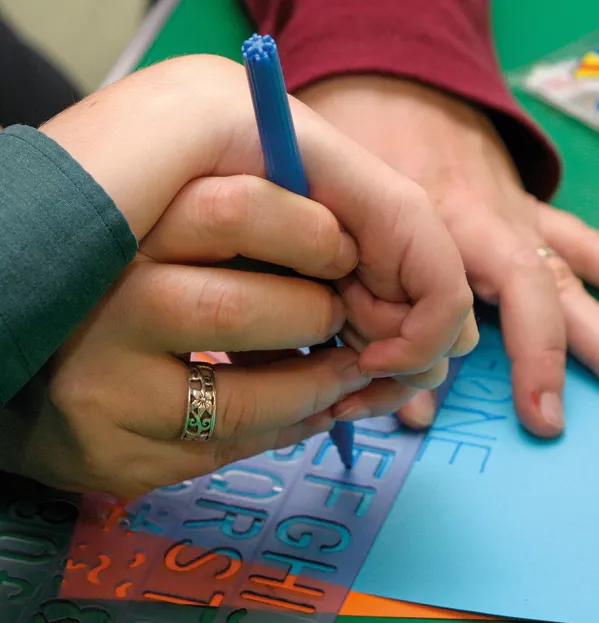It’s not just whether he is accepted in the school that will make a difference, it’s whether he is accepted outside of the school - in the community, where he has to exist when the school is no longer there to support him.”
These words, spoken to me by a special-school headteacher right at the start of my career at Tes, are worthy of constant repetition as we await the long-delayed special educational needs and disabilities review. They cut to the heart of a problem that the review will need to consider carefully: while we have made huge strides medically in SEND, we have a long, long way to go socially.
On the former, the advances are worthy of celebration. In the past decade, our understanding of developmental language disorders, autism (particularly autistic girls), ADHD, dyslexia and many other areas of SEND has leapt forwards. In addition, as Margaret Mulholland points out in her excellent column this week (”Why you need to know about comorbidity and pupils with SEND”), we have seen a rise in comorbidity - ie, pupils who have multiple SEND diagnoses - demonstrating that we are getting better at identifying complex needs.
Unfortunately, however, these advances have not been matched by similar leaps in support from the government for SEND provision in schools. There has been no step change in training for teachers so that they can all feel confident in meeting the needs of every child in their classroom. There has been no increase in funding large enough to provide the prompt diagnoses and support that pupils with SEND require. There has been no effort from ministers to understand the dire position that Sendcos have been put in, nor the torturous bureaucratic journeys parents have to make to get the support they are entitled to.
Given these circumstances, each medical advance in SEND does not always prompt celebration in schools. Worse, it increases anxiety among staff: it’s another thing to consider that there is little training for; another thing to make you feel, as a teacher, that you are failing the children in front of you; another reason why the academic outcomes - which appear to be the primary, if not only, focus of government when it comes to SEND outcomes - may not be hit.
These problems are in need of redress, but they create another issue, too. As a result of this medical and academic focus, there is little room left to think about the social-emotional side of SEND. There’s no space to step back and see that a child is in a constant series of interventions, split from friends and clearly singled out as “different”; no headroom to think about friendships and wellbeing; no time to think about how the child can exist outside school not through their ability to function intellectually (to get a job, to make the world “work”, etc) but socially - how they can be part of a community. There is some excellent practice out there despite this, but schools need more help.
It will be tempting for the SEND review to focus on SEND in a mechanical, medical way, obsessing about timescales of diagnoses, thresholds of need and standardised objective measurements of academic outcomes. It would be simple to pledge more cash, in the right places, to ensure that we know what children need academically and why.
But this will be wasted investment if the review doesn’t also address the more complex social challenges outlined above. The review needs to define inclusion more broadly and create a system where that broad definition is possible, and a key part of that will be to think socially - at a school, community and societal level - as well as academically.
That is a harder task, because it does not just require money, but also a change of perception from all of us. But it is a task the government should not shirk.
Jon Severs is the editor of Tes
This article originally appeared in the 12 November 2021 issue under the headline “The SEND review cannot ignore pupils’ social and emotional needs”




